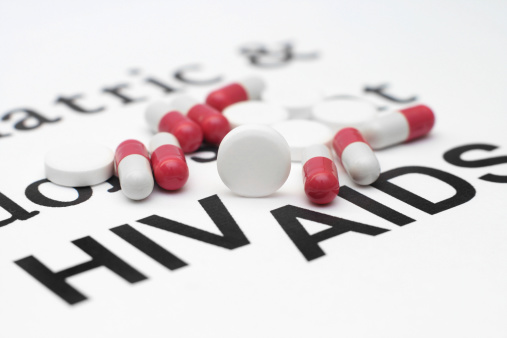
“This is just going to be a quick prick,” outreach worker Yves Gibbons said. He squeezed the index finger of a woman in her thirties and took a fast jab with a tiny needle – the first HIV test of the evening.
Gibbons and his client sat in the back of a van on a hot July evening as people started crowding the streets for downtown Oakland’s popular First Friday event.
The mobile HIV testing and counseling site is a joint project of the Berkeley Free Clinic and UC Berkeley’s University Health Services. The van, which travels throughout the East Bay, offers rapid response tests. The pinprick of blood, smeared on a test strip, will show a positive or negative result in about 20 minutes. While people wait for their test results, they are counseled about sexual health and any other concerns that come up.
The testing and the counseling are available to anyone, though the joint program, called Berkeley Builds Capacity, is aimed at 18 to 24 year olds in the African American, Latino and Asian Pacific Islander communities. In the van, as in the Berkeley clinic, all healthcare services are free – not even a sliding scale is charged.
“Healthcare is a right, not a privilege,” said Marie Palo, the liaison between UHS and the Clinic. “We try to make healthcare as accessible as possible.”
The Berkeley Free Clinic van helps connect people who don’t have cars to an easily accessible testing site, Palo said. Other clients, she added, don’t want to be seen getting an HIV test in their own neighborhood, and can seek out the van when it’s parked in a location far away from their homes.
The van offered services in front of Feelmore 510, an adult novelty shop in downtown Oakland, during the First Friday event in July. Shop owner Nenna Joiner helped to get the van parked outside of her store for the evening.
Joiner wants to use her store, a sex-positive shop in the tradition of San Francisco’s Good Vibrations, as a place to “turn sex from a humorous subject into a practical one.” People are often uncomfortable talking about sex, Joiner said. Nearby services encourage the conversation to continue outside of the sex store.
HIV also remains a stigmatized disease, Palo said, making conversations about prevention difficult. Young people, she added, often aren’t aware of the importance of getting tested.
The counseling for first-time testers is aimed at making sure that clients leave the van educated about HIV transmission, Palo said. Counselors will explain, for instance, that anal sex carries a higher risk of transmission than vaginal sex, as well as help clients think of strategies for approaching sex safely.
Most people get good news when their test results are ready at the end of the counseling session. Only two people, Palo said, have had a positive result since the van started testing in March of this year. Checking in about available support is the first step with those clients, Palo added, and they are also given “Day One,” the Project Inform guide to living with HIV.
The van tests anywhere from 5-20 people during outreach events, Palo said.
A table outside of the van, loaded with condoms and lube, prompts people to stop on the busy street. People usually leave with about five condoms, outreach coordinator Savannah O’Neill said, along with the offer of a free HIV test if they want it.
The van offers testing regularly in the East Bay, including stops at the RYSE Youth Center in Richmond every other Wednesday and Club 21 in Oakland the second Friday and third Saturday of each month. Palo and the rest of the Berkeley Builds Capacity team will also return to Feelmore 510 for August’s First Friday event in downtown Oakland.





